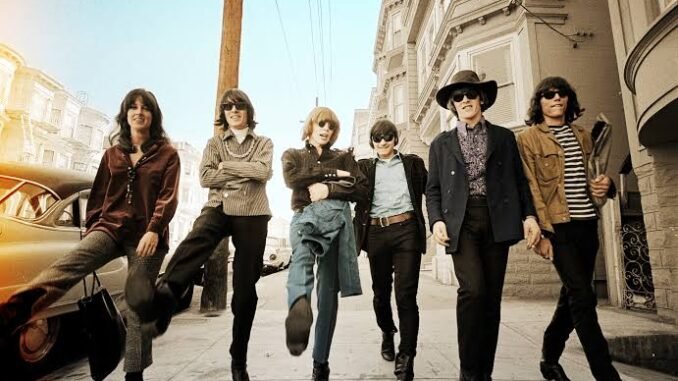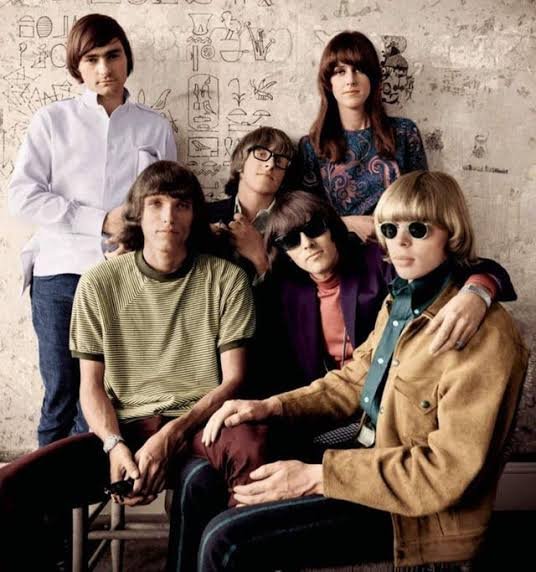
Psychedelic rock pioneers Jefferson Airplane helped define the countercultural sound of the late 1960s with their explosive mix of political defiance, surreal lyrics, and West Coast rebellion. But behind the acid-drenched imagery and revolutionary spirit, the band faced constant battles with censorship, corporate pressure, and even law enforcement — including one infamous night in Miami when it all boiled over.
By the early 1970s, Jefferson Airplane’s rebellious tone had become a threat to the establishment — not just in politics, but in business. Their record label, RCA Records, repeatedly clashed with the band over lyrical content, cover art, and distribution. Songs deemed “too radical” were altered or buried, and artwork featuring nudity or anti-authoritarian messages were censored or outright banned from stores.
Perhaps most notably, the band was forced to alter lyrics to avoid backlash from conservative radio stations and advertisers. Grace Slick, known for her defiant vocals, often pushed back, but the label imposed edits in exchange for commercial viability. According to drummer Spencer Dryden in later interviews, “They didn’t want revolution. They wanted sales.”
The tension came to a head in 1972 during a concert in Miami, which has since become part of rock folklore. As Jefferson Airplane played to a roaring crowd, city officials enforced a strict curfew and cut the power mid-performance. The sudden blackout ignited chaos. Outraged, guitarist Paul Kantner took to the microphone using a backup system, blasting the police and local authorities, calling them “fascists” and urging the audience not to take it silently.
“Up against the wall, motherf***ers!” he shouted — echoing the radical slogans of the time. His words were met with cheers from fans but sparked panic among security and city officials, who feared the scene could turn into a riot.
While no mass violence occurred that night, the incident marked a turning point. The band’s political stance, once tolerated as part of the ‘hippie aesthetic,’ was now viewed as a genuine threat. Several venues began reconsidering booking the group, and RCA reportedly increased pressure to rein in their message.
In the years that followed, internal band tensions, censorship fatigue, and commercial compromises would eventually splinter Jefferson Airplane into new projects like Jefferson Starship, which carried a softer edge.
Yet for many fans, those turbulent moments — the silenced lyrics, the power cut in Miami, Kantner’s roar into the dark — remain defining symbols of a band that refused to play nice in an era desperate to keep the peace.
Leave a Reply